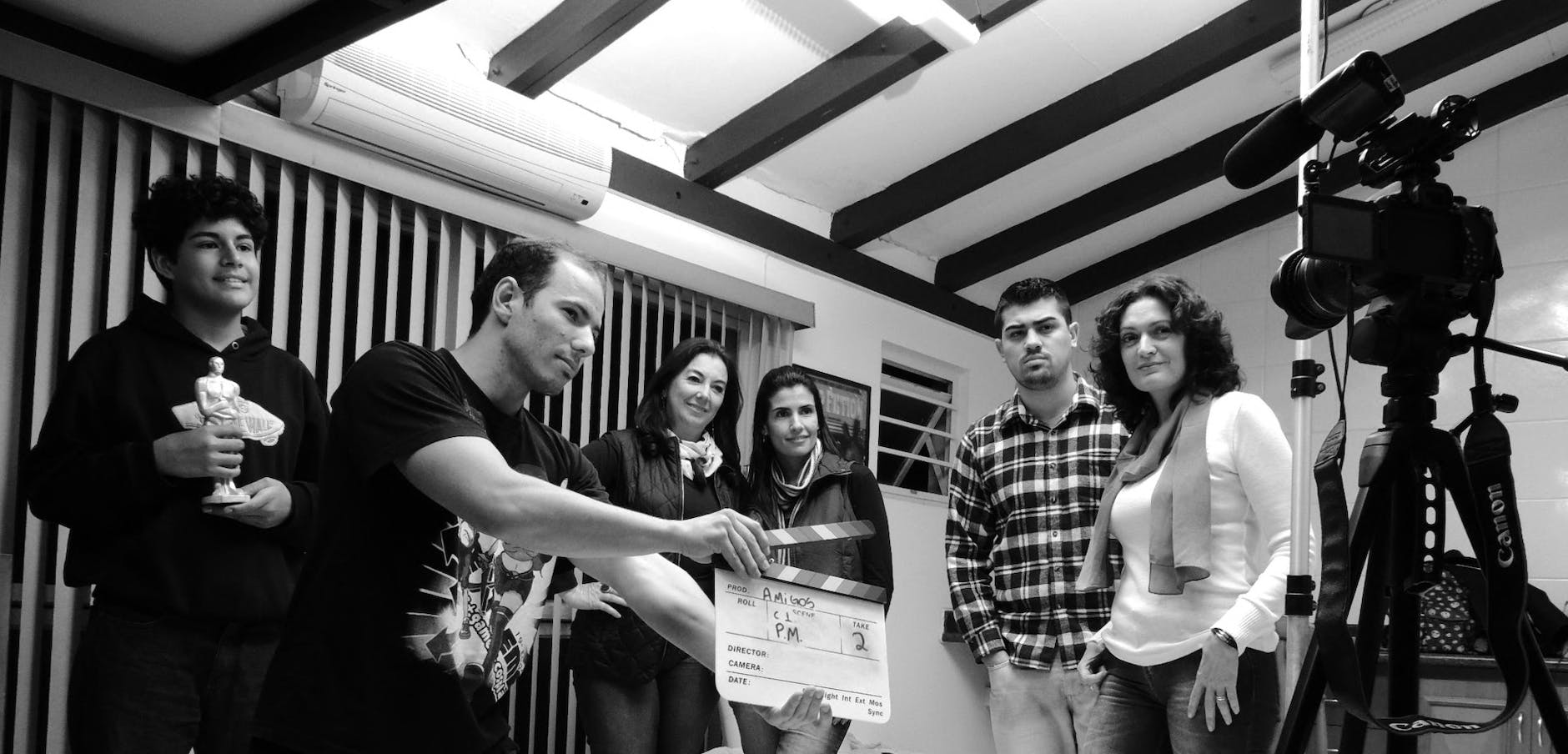When we say we should, it means we think that we are right and others are wrong. (Or worse, the universe is at fault)
And what happened next? Disappointment.
The rain should stop because I want to go out. It may happen, but most likely won’t happen. (Unless you’re Bruce Almighty, perhaps)
I should be able to find taxi because I’m in a rush. It may happen, but rain comes. (Sometimes, it’s hard to get into a cab when it rains in Singapore)
I should be able to reach the place early by public transport because tonight I’ll sleep early. What happen is, your neighbor made a noise and you can’t sleep early as planned and you’re rushing for your appointment.
And many more “should”s.
When we say we should, we are imposing our belief to the universe, wanting it to work according what we want to.
In his book, Andrew Matthew said, think that I want A, but if B happened, it’s ok too. Therefore we won’t be easily upset over small things.
So, use “should” carefully 


